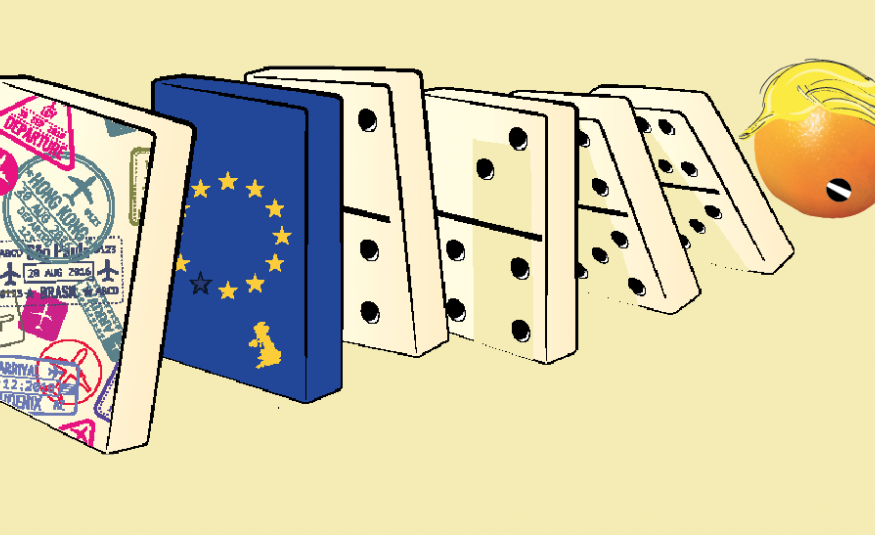Don’t underestimate scenario planning, says MBB Media CEO Matthias Tesi Baur.
Has anyone not been involved in a team exercise discussing what should be done with our exhibitions and events in a test scenario?
Such exercises try to find solutions from an unexpected disaster scenario, but while scenario management is undoubtedly part of managing a business, it always feels a bit unreal, or a waste of time.
Imagine you joined such a scenario planning meeting two years ago. In that meeting you had to find an answer to a scenario in which a country – let’s say Greece – with an economic power not much bigger than the city of Frankfurt, pushed the European Union into its biggest financial crisis... and that the UK voted to leave the EU... and that old allied countries such as Turkey and Germany are talking about each other like enemies did 150 years ago... and that the US has a president who wants to build a wall on its borders with Mexico, who accuses Germany of using unfair business practice... and who talks about terror attacks in Sweden that actually never happened.
I’m sure many people simply would have left this session, as at the time, it would have seemed a waste of time to discuss such scenarios.
I’m sure the moderator would have been politely informed that it would be better for them to do real work or sales instead of discussing absolutely unrealistic scenarios. Well, in 2017, all these scenarios are our reality.
If there’s ever a good time for scenario planning, it is now. The next six months could show how old allied countries mess up the relationships they built over the last 70 years.
It could show how the fundamental pillars of our trading system are falling like domino pieces in a chain reaction.
Or, it could show that all the events we witness in these days calm down and we will look back at the years 2016/17 as a strange short period of international uncertainty that ended before any real damage was done. We could however, find that trade shows are declining because exhibitors and visitors don’t want to travel to countries where they don’t feel welcomed.
Of course, we hope the exhibition industry can play an active role to prevent such a situation. The global exhibition industry relies on the freedom to move skills, goods and people.
Companies must have the liberty to place their best talents in the most important markets where they want to offer their products and services.
Economical tolerance is the bloodline of our industry and a strong statement that we must embrace tolerance despite that fact some that our political leaders don’t have tolerance on their agenda at the moment.
To counter intolerance with tolerance and to welcome exhibitors and visitors when they might feel a bit uncomfortable is more than just scenario planning. It is a strategy that helps our industry. It is simply the right thing to do.
So whilE we might reject our current reality in a scenario workshop two years ago as a waste of time we need to deal with reality and put a strategy of tolerance in place that protects the exhibition industry from damage through the disruptive momentum of intolerance.






